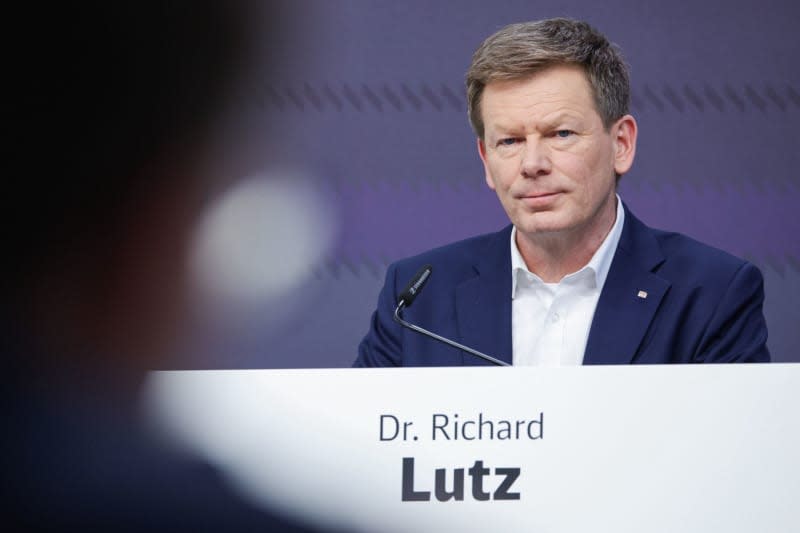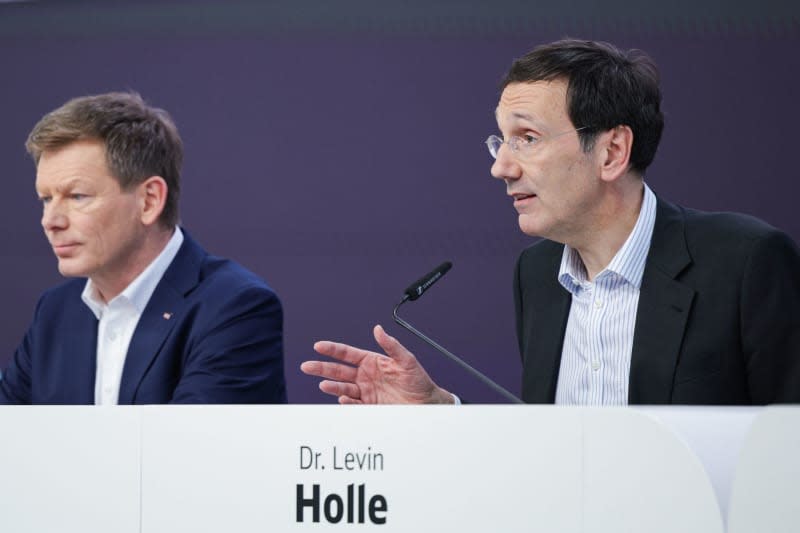German railway Deutsche Bahn reports €2.4bn loss for 2023

Higher costs for construction, energy and personnel, increased interest rates and several bitter labour strikes caused German state-owned railway Deutsche Bahn to lose billions of dollars last year.
Deutsche Bahn posted a loss of €2.4 billion ($2.6 billion) in 2023, the company announced in Berlin on Thursday. In the previous year, the loss was significantly lower at around €200 million.
In the same period, turnover for the railway fell by 13% to around €45.2 billion.
Deutsche Bahn said that hefty reported losses on operations last year can be attributed to advance payments on major future infrastructure investments, which are expected to be reimbursed by the German government during the current year.
In 2023, Deutsche Bahn invested around €7.6 billion from its own funds in urgently needed infrastructure upgrades.
Overloaded routes and a rail network in need of renovation in many places resulted in a high level of delays on Deutsche Bahn trains last year.
Almost a third of long-distance passenger trains were late in 2023.
Both the railway and the German government are planning to invest record sums in the coming years to get the country's rail infrastructure back in shape and expand capacity.
Plans call for upgrading 40 busy rail corridors by 2030. Work will start in July on the 70-kilometre-long Riedbahn corridor between Frankfurt and Mannheim, which will be completely closed for almost six months.
The hope is that fewer future problems in important junctions will also lead to greater reliability in the overall network.
"We expect around 80% less disruption than at the moment. And with these general refurbishments in particular, we will also be able to improve and stabilize the system step by step and from the inside out," Deutsche Bahn boss Richard Lutz said on Thursday.
The railway has forecast punctuality on long-distance services to rise from 64% to at least 70% this year.
However, those plans require high levels of construction and renovation which, which will likely continue to slow down traffic and contribute to further delays for trains in the coming years.
Demand for rail transport remained high however, with around 1.8 billion journeys recorded in 2023, 5.8% more than in the previous year.
The German government has set a goal of doubling the number of rail passengers by 2030, in part to reduce the use of personal cars and meet climate pledges. But shortfalls in performance and chronic delays are seen as major threats to achieving those goals.
The government has pledged around €27 billion to modernize and expand the rail network by 2030, with Deutsche Bahn set to contribute another €3 billion.
However, Deutsche Bahn estimates the requirement at around €45 billion, and talks remain ongoing over how to fund the additional work that the railway considers necessary.
Earnings before interest and taxes (EBIT) fell to a minus of almost €1 billion in 2023, after a positive result of around €1.2 billion euros in the previous year. Deutsche Bahn said operating results should be back in the black in the current year.
Deutsche Bahn is also carrying around debts of €34 billion, and is seeking to sell its profitable logistics subsidiary DB Schenker to raise capital.

